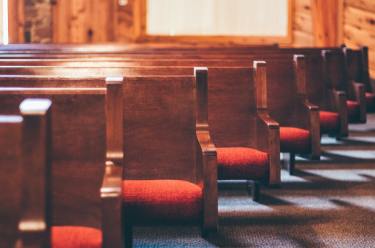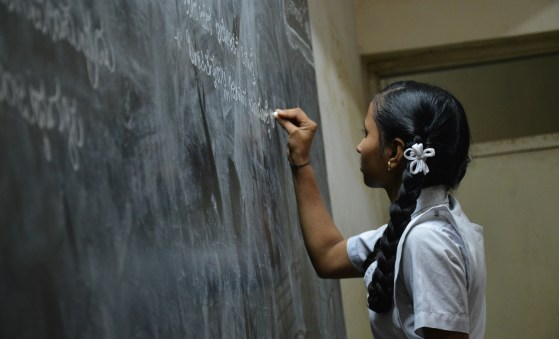
The Anglo-Indian community in India has stepped up its demands for the restoration oftheir parliamentary and state assembly quotas, with protests and vigils marking theirgrowing discontent over the loss of constitutional privileges that lasted seven decades.
In the latest demonstration of their resolve, Anglo-Indian and Christian groups held a candlelight vigil at Sacred Heart Cathedral in New Delhi on November 28, protesting the2020 removal of nominated representatives from their community in both Parliament and state assemblies.
The controversy stems from the 126th Constitutional Amendment passed in January2020, which abolished the long-standing practice of nominating Anglo-Indian representatives to the Lok Sabha and state assemblies. The government’s decision was based on the 2011 census data, which recorded only 296 Anglo-Indians in India - a figure heavily contested by community leaders.
Charles Dias, a former Anglo-Indian MP from Congress who co-organised the vigil, challenged the government’s rationale. “We want to be enumerated separately, not along with other Christians. The removal of our nominations was not based on scientific data as the 2011 census was not a caste census,” Dias told The Telegraph.
The impact of this constitutional change is already visible in state assemblies. In Jharkhand, the recent formation of the new assembly marked the end of Anglo-Indian representation, with Glenn Joseph Galstaun becoming the last nominated Anglo-Indian MLA in the state's history.
Community leaders argue that the government's decision has effectively silenced their voice in legislative bodies. They estimate the actual Anglo-Indian population to be approximately 400,000, significantly higher than the official figure cited during the amendment’s passage. The Federation of Anglo-Indian Associations in India has provided its own estimates, suggesting a population of about 347,000, with an additional 50,000 scattered across various states and union territories.
The community’s unique position in Indian society is reflected in Article 366(2) of the Constitution, which defines an Anglo-Indian as any Indian domicile of European patrilineal descent. “It is not the story of the coloniser and the colonised, but a group falling between the two,” notes author and activist John Dayal, highlighting the community's distinctive historical position in Indian society.
The crisis extends beyond mere representation. A 2013 study by the Ministry of Minority Affairs revealed significant challenges facing the community, including housing problems and educational and economic backwardness. “They have almost lost control of the very institutions they built for the education of their children and often denied admissions to their children and appointments for them in these institutions,” Dias pointed out at a recent community leaders’ meeting.
The community has taken legal action, with their case challenging the constitutional amendment currently pending in the Delhi High Court. Leaders are now pushing for the upcoming census to include a separate column for Anglo-Indians, hoping accurate enumeration will strengthen their case for restored representation.
The vigil, which saw participation from several Congress MPs from Kerala including Hibi Eden, Anto Antony, Benny Behanan, and Dean Kuriakose, also highlighted broader concerns about attacks on Christians nationwide and harassment of Christian institution leaders.
As the community awaits the next census, scheduled for 2025, their struggle for recognition and representation continues. “The Anglo-Indian community’s existence firmly rests on its cultural identity, with English language arguably being the binding force of that cultural identity,” observes Dayal, emphasising the community’s unique position in India. This distinct identity now faces one of its greatest challenges since independence as the community fights to regain its voice in the nation’s legislative bodies.




